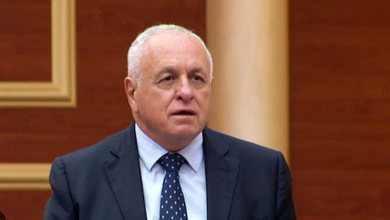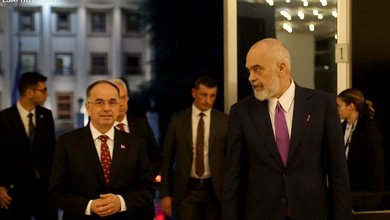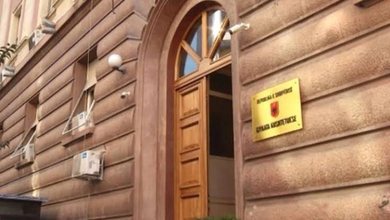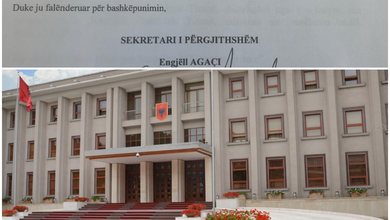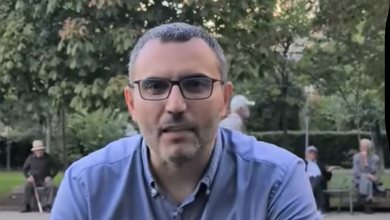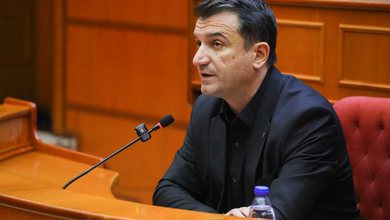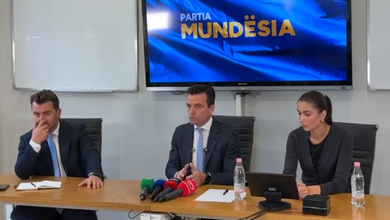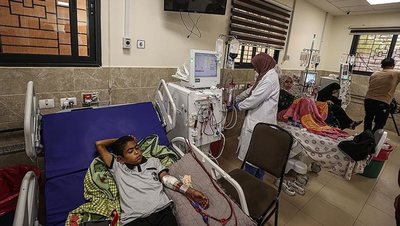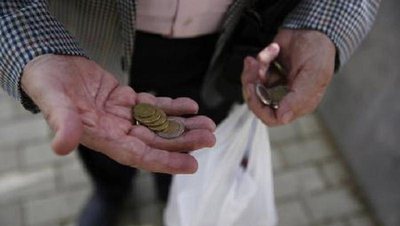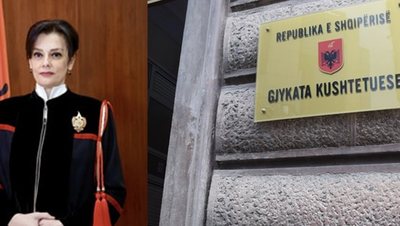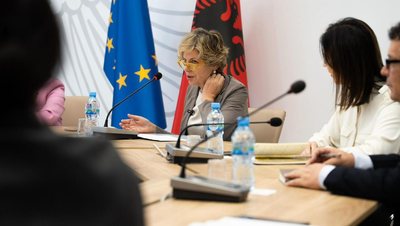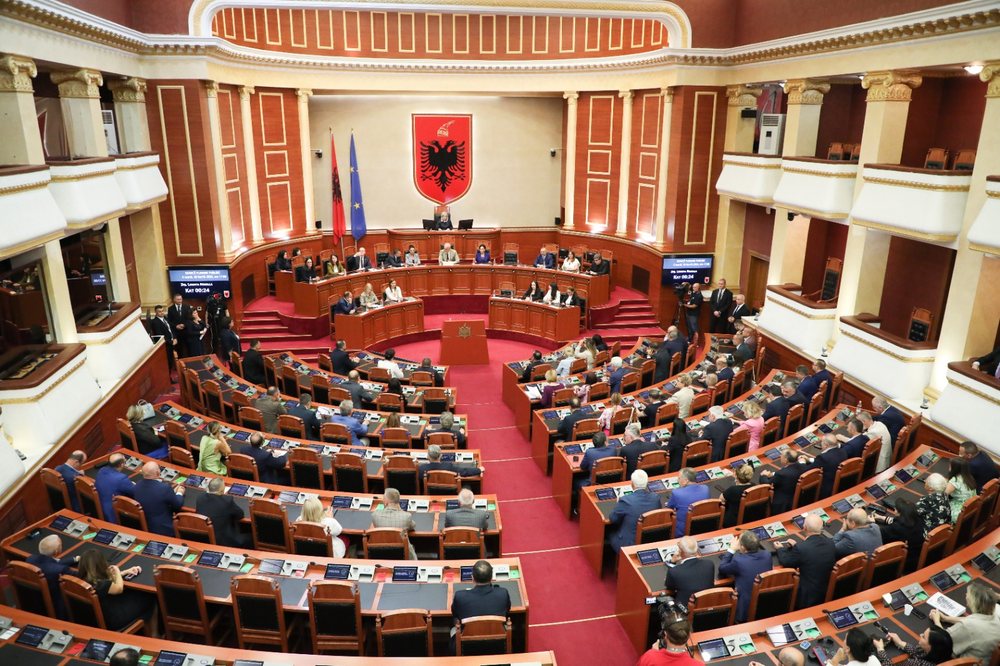
After the change of committees, independent institutions are expected to report simultaneously to the Laws Committee and the "Xhafaj" Committee, a practice that, according to opposition representatives, creates suspicions and a conflict of competences.
On September 16, the Socialist Party unilaterally voted to amend the Rules of Procedure of the Assembly along with the parliamentary committees, which also included the permanent constitution of the Committee for Civic Initiatives, Cooperation and Institutional Oversight, otherwise known as the "Xhafaj" committee.
But the work of this committee has raised concerns about a 'conflict of competences' with the Committee on Legal Affairs.
At the first meeting of the Laws Committee, Chairman Ulsi Manja announced that the reports of independent constitutional institutions will be made in joint meetings with the "Xhafaj" Committee.
"So that we don't have to call them twice to report the same thing," Manja justified.
But when opposition MPs asked him who would chair the meetings, Manja responded with rhetorical questions like "who would chair it?" and only after consulting the relevant wording in the Assembly's regulations, did he reason that "the closest committee is the Laws Committee, so the chairman of the Laws Committee will chair it."
The "Xhafaj" Commission has as its stated purpose: "monitoring and supervising the implementation of strategies, resolutions, decisions and action plans of the Assembly...".
According to Manja, the new commission oversees the implementation of resolutions, so it will become part of the reports and "requests understanding until parliamentary practice is established...".
But the establishment of this practice was opposed by opposition MPs as an overlap of powers between committees.
The vice-chair of the committee, Oerd Bylykbashi, said that this is a well-defined task in the regulations for the Laws Committee.
"They have created a conflict," Bylykbashi reasoned to BIRN after the meeting, while suggesting that the involvement of the "Xhafaj" commission in this process was related to the government's hidden intentions to undermine the justice system.
"Ever since it was created as a special commission, it was disputed that it had such goals, and therefore the opposition boycotted it, but now it has become a permanent commission and its inclusion in a process related to the reports of the justice bodies projects the shadows of these goals tomorrow on these institutions," Bylykbashi added.
According to the calendar approved on Tuesday, the reports of the independent constitutional institutions will be held in marathon sessions from October 7 to 14, while the process should have been legally concluded by June in the previous legislature.
Last year, the government attempted to replicate a seemingly similar process to judicial reform through the so-called “anti-corruption commission” headed by Xhafaj, which was established on the basis of a resolution initiated by Prime Minister Edi Rama and unilaterally approved by the majority.
But his work ran into crisis from the start, when justice institutions and a number of civil society organizations refused one after another to send experts to the commission, and it was boycotted by the opposition. After spending several months organizing roundtables with civil society and academics, the commission closed its work in July without any real product.
In the new parliamentary season, the special committee will operate as a standing committee./Reporter


